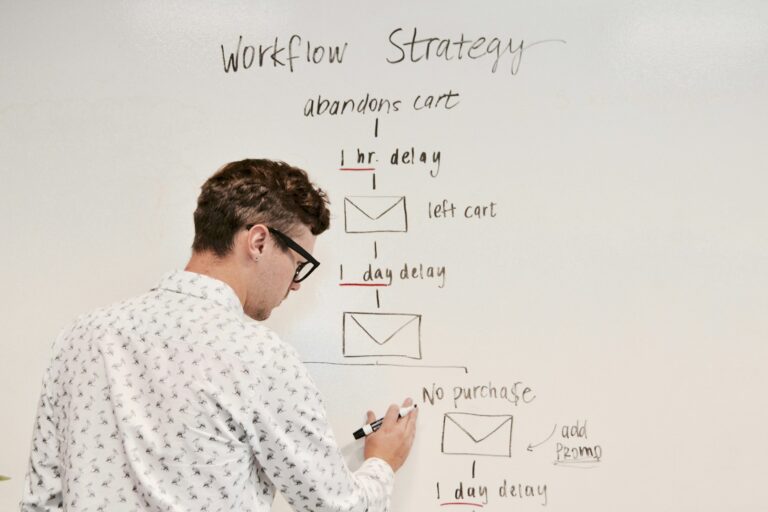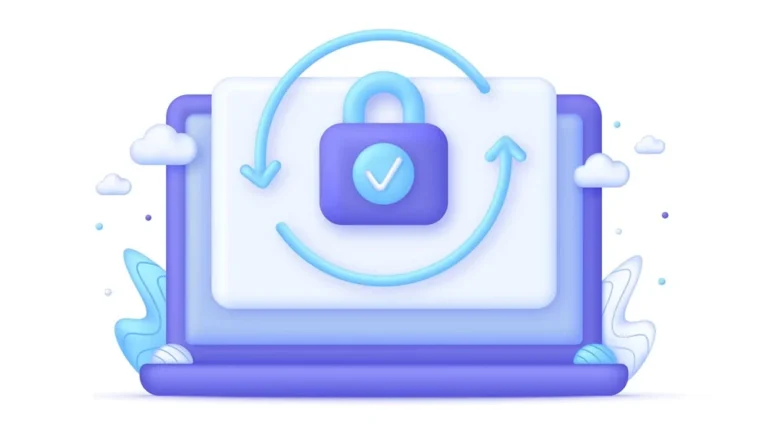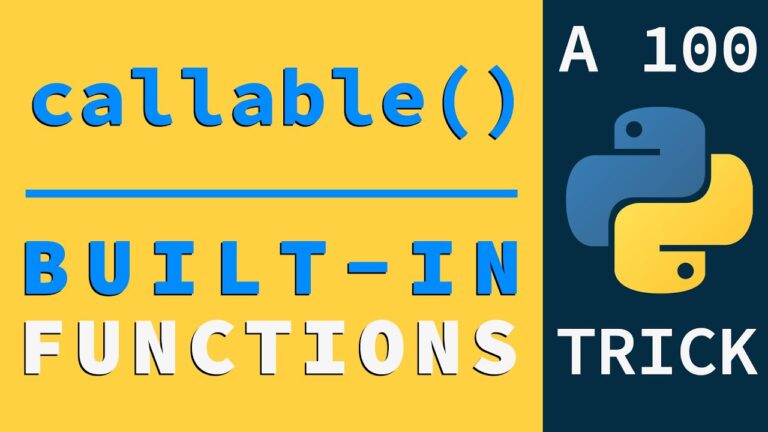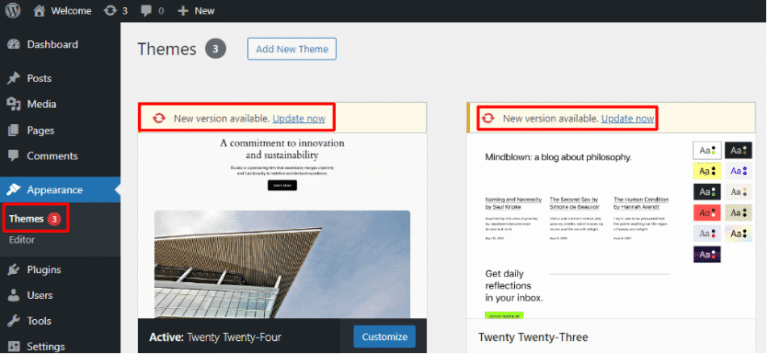The process of publishing an app on Apple’s App Store is one that offers developers a unique opportunity to reach a lot of global iOS users. To be precise, it gives developers the opportunity to reach millions of users and improve the visibility and exposure rate of their apps. However, the App Store is known greatly for its high standards for apps. Want to create an iOS app? Well, it’s important that you understand the iOS cost of your development process. When we talk about the standards, we’re covering the fact that the Apple App Store is one ideal platform that is known for its credibility and high reach rates. But what’s the price of publishing your app on the iOS App Store? This is what we will discuss in this guide. We will understand how to plan a budget for publishing your app on Apple’s esteemed App Store. The thing is, developers are always willing to pay a favorable amount of money, even if the publishing process is known to be a rigorous one.
However, with that amazing reputation that Apple’s App Store has and its vast user base, it tends to be seductive enough for developers to continue pursuing their publishing process and adhering to the guidelines. Understanding the iOS cost of publishing on this prestigious platform is crucial to managing expectations and budgeting effectively. In this article, we’ll explore the financial aspects of launching an iOS app, from the initial fees to ongoing maintenance, so you can make an informed decision about your app’s journey on the App Store.
In order to start your publishing process, you have to first create an account on the Apple Developer Program. This is an essential step that is mandatory and obligatory to take. The membership that you pay for is for $99. This price is per year for individual developers. How about for enterprises? The prices differ, with each enterprise subscription costing $299 per year. I know that you may ask what these fees cover. Let me explain what you will receive when you pay these amounts, regardless of whether you are an individual or an enterprise. This membership that you subscribe to allows you access to essential tools, beta testing platforms, and app analytics. This makes it more of an individual investment for any serious developer.
With the annual fee being non-refundable, developers should assess whether their long-term goals justify this recurring cost.For businesses, the enterprise membership offers added flexibility for internal app distribution, though it requires a larger financial commitment. The program fee is only the starting point of your financial journey but is indispensable for gaining entry to the iOS ecosystem.
Development Costs: From Idea to Reality
Contents
The process of app creation in the context of iOS costs exceeds the mere fact of just developing an idea for your app. Although it may seem complex, it’s actually quite simple. Whether you’re building a simple utility app or a complex game, development costs can vary significantly. A simple app might cost $5,000-$10,000, while a more complex app with intricate features could exceed $100,000. Why such a range? Development costs depend on factors like the complexity of design, backend infrastructure, and required features. Here’s a breakdown:
- Simple apps: $5,000-$10,000
- Moderate apps: $10,000-$50,000
- Complex apps: $50,000 and up. Hiring experienced developers or agencies can add to the expense, but it’s crucial to ensure quality. By understanding these ranges, developers can create a realistic budget based on their app’s unique requirements.
iOS Cost: App Design Costs and More
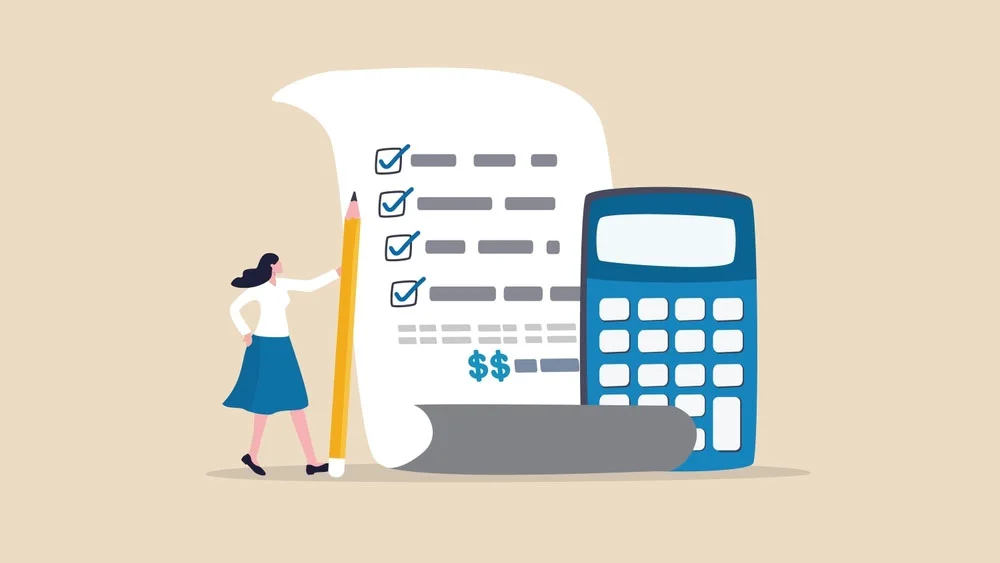
With every step you take to design your app, you will find yourself facing a new thing or aspect that needs you to spend some money on it. One of the main things that you will find yourself spending money on is your app’s design. That is because the design of your app plays a vital role in its success. This is particularly true on platforms such as iOS, where the standards are extremely high. Users on such platforms expect to see excellence. This is why it’s crucial to implement an app design that boasts high-quality visuals and seamless functionality.
Investing in UI/UX design, whether through freelance designers, design agencies, or online tools, typically costs $2,000 to $10,000 or more, depending on the complexity. A well-designed app not only attracts users but can also improve engagement and retention rates. For instance, a clean and intuitive design in an e-commerce app can make it easier for users to find and purchase products. Neglecting design can result in a poor user experience, leading to higher drop-off rates, so it’s important to budget accordingly for this aspect.
App Testing and Quality Assurance (QA)

Testing is often an overlooked yet essential component of the app development process. Ensuring that an app functions seamlessly across various iOS versions and devices can involve significant costs. This is again one of the top steps to ensure your app’s success and iOS App Store compliance.
Hiring QA testers or using testing platforms can range from $1,000 to $5,000, depending on the level of thoroughness. Bugs and glitches can lead to poor user reviews, so investing in quality assurance is crucial for app success. Testing not only identifies issues but also ensures that new updates or features don’t disrupt existing functionality, making QA a continuous cost. A polished, bug-free app is more likely to succeed on the App Store, where user expectations are high.
iOS Cost: Marketing and Promotion Expenses
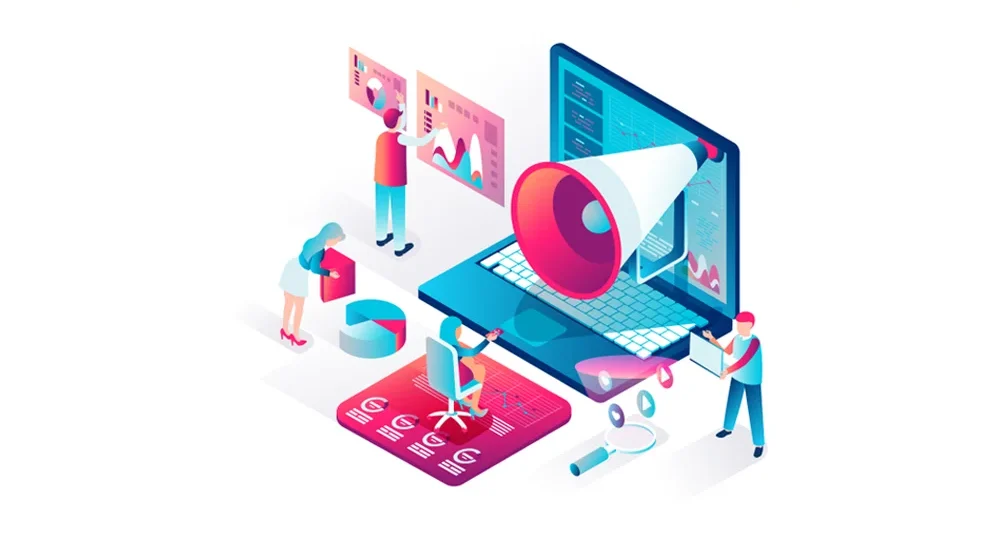
After development, how do you attract users to your app? Marketing is key to standing out in the App Store’s crowded marketplace. Effective marketing may include strategies like social media advertising, influencer partnerships, and App Store Optimization (ASO). Allocating a budget of around $1,000 to $10,000 for promotion is common. For instance, social media ads can create buzz, while influencer partnerships help reach niche audiences. ASO helps improve your app’s visibility within the App Store search. Investing in marketing can determine whether your app becomes a hit or fades into obscurity. Here are some tips that will help you market efficiently for your app.
- Use social media platforms to get your app out there.
- Tell people that your app is finally available on the App Store.
- Use LinkedIn posts that have a CTA button for downloading your app.
- Contribute to app seminars and webinars.
Yes, mentioning that your app is now on the iOS Apple App Store is a marketing strategy itself. How so? Well, when you say that your app is now available on the App Store, people tend to find that it may offer them real value. That is because, as I mentioned above, the App Store is one that is credible and helps people know that there won’t be an app on it that doesn’t offer real value for them. This is why the privilege of publishing your app and understanding the iOS cost of the entire process is worth the money and effort.
In-App Purchases and Revenue Sharing: Additional Costs
Revenue generation is a crucial part of any app strategy, and in-app purchases (IAPs) offer a popular monetization method. However, Apple takes a 30% cut from all IAPs, reducing developers’ earnings. For subscription-based models, this commission drops to 15% after a year of paid service. Balancing IAPs and initial paid downloads requires strategic thinking.
Should you offer premium features through IAPs or rely on ads? Each option has pros and cons, with IAPs offering a direct revenue stream but adding complexity. Understanding Apple’s revenue-sharing policies can help you make informed choices on monetizing your app effectively. There is another thing that you should take into consideration. You should also consider the cost of maintaining your app and keeping it up to date at all times. Continuous updates are necessary to improve features, maintain compatibility with new iOS versions, and keep users engaged. App updates can cost between $500 and $5,000 per update, depending on the changes needed. Routine maintenance also ensures that your app remains secure and performs well, addressing potential bugs or performance issues as they arise. Neglecting updates can lead to user dissatisfaction, negative reviews, and even removal from the App Store if the app becomes incompatible with new iOS releases. Thus, planning for regular updates is essential for an app’s long-term success. We wouldn’t want to have it published and go through such a comprehensive process and neglect it so it would be removed and we go back to point A.
Conclusion: Making the Investment Worthwhile with No-Code Solutions
Publishing on the App Store is undoubtedly an investment, but with careful planning, it can yield impressive returns. One way to manage these costs efficiently is by leveraging no-code solutions like nandbox’s native no-code app builder. With nandbox, you can reduce development and maintenance costs, allowing you to focus more on marketing and engagement. Whether you’re an entrepreneur or a business looking to launch an iOS app, nandbox offers a cost-effective path to the App Store.
With a simple development process that has a very simple drag-and-drop interface, you won’t be facing any hassles. If you want to develop an app that can compete in today’s market without having to deal with development hassles, exhilarating effort, or expensive costs, nandbox can help. Explore nandbox’s builder to streamline your app creation process today.

